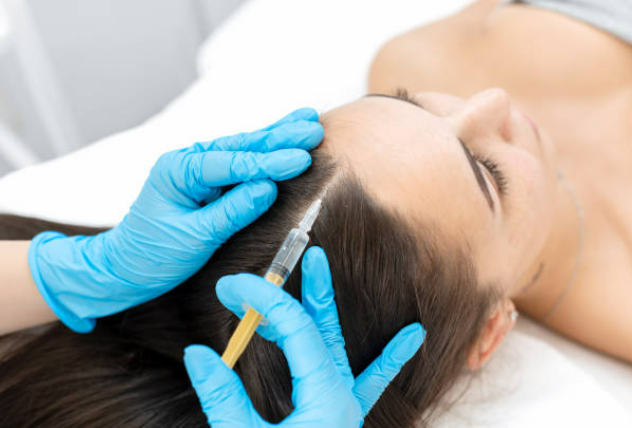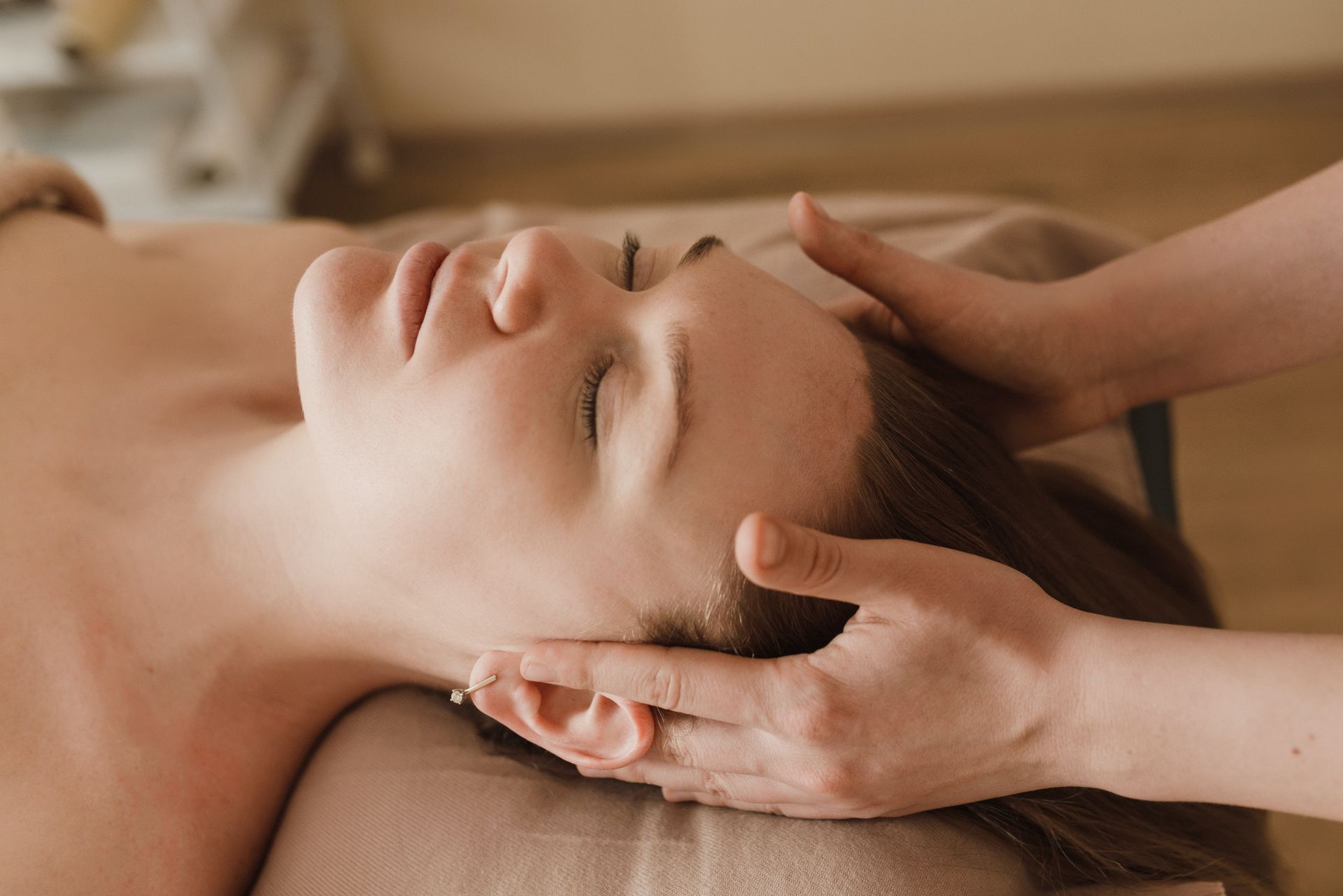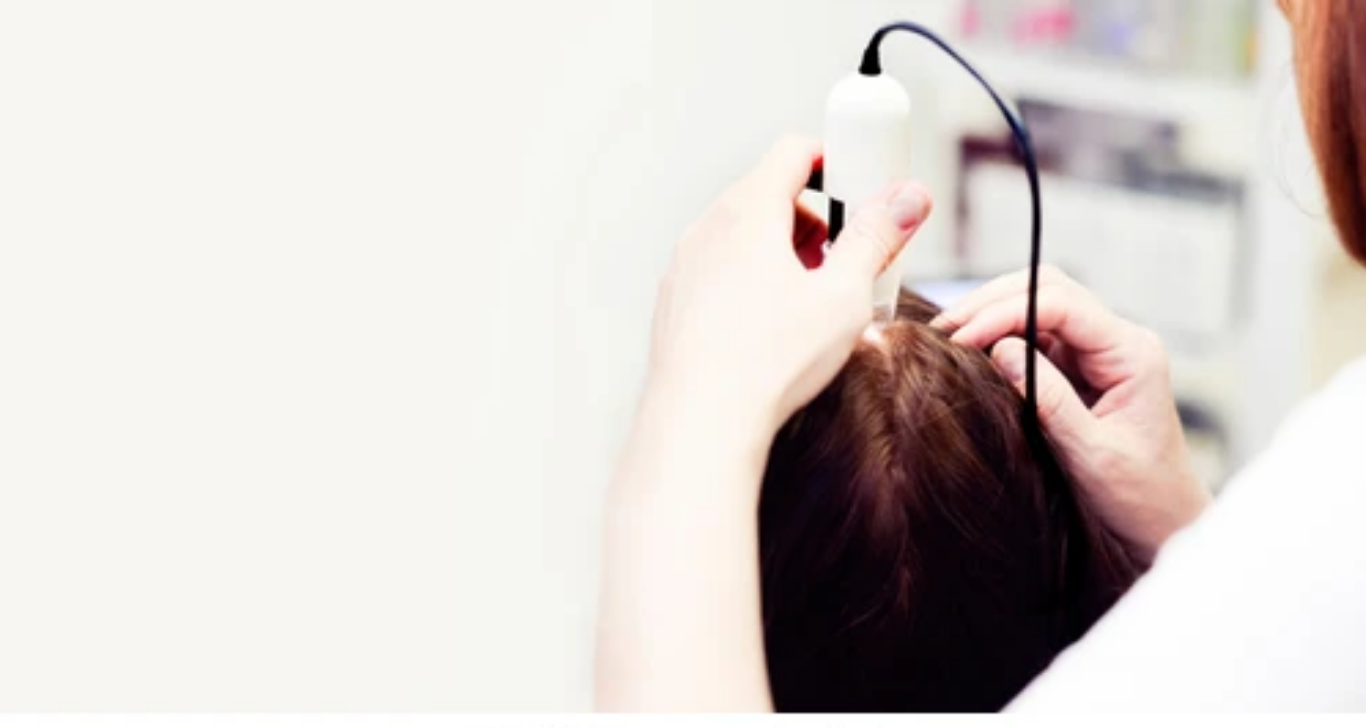Trichologist Birmingham Blog
Can Nutrition Help with Hair Loss? A Trichologist's Perspective
Exploring the Relationship Between Nutrition and Hair Loss: Insights from a Trichologist
Healthy hair is an essential aspect of our overall appearance and self-confidence. However, many individuals experience concerns about hair loss and seek practical solutions to promote hair growth and prevent further thinning. While various factors contribute to hair loss, including genetics and hormonal imbalances, the role of nutrition in maintaining healthy hair should not be overlooked. This article will explore the connection between food and hair health and how incorporating the proper nutrients into your diet can support hair growth. Let's delve into the insights from trichologists and hair and scalp health experts.
Understanding Hair Loss
Before we discuss the impact of nutrition on hair loss, it is essential to understand the basics. Hair goes through a natural growth cycle consisting of three phases: anagen (growth phase), catagen (transition phase), and telogen (resting phase). Hair loss occurs when this cycle is disrupted, leading to excessive shedding or hair thinning. Common causes of hair loss include hormonal imbalances, genetics, nutritional deficiencies, and certain medical conditions.
The Link Between Nutrition and Hair Health
Nutrition plays a crucial role in maintaining healthy hair. Consuming a well-balanced diet rich in essential nutrients supports the growth and strength of hair follicles. Let's explore the vital nutrients that are beneficial for promoting hair health.
Protein:
- Protein is the building block of hair as it contributes to the structure and strength of each strand. Incorporating lean protein sources such as poultry, fish, eggs, legumes, and nuts into your diet can provide the amino acids for optimal hair growth.
Vitamins:
a. Biotin: Biotin, also known as vitamin B7, is essential for healthy hair growth. It aids in producing keratin, a protein that makes up the hair structure. Biotin-rich foods include eggs, nuts, seeds, and leafy green vegetables.
b. Vitamin D: Vitamin D plays a role in hair follicle cycling and can contribute to hair loss if deficient. Sun exposure, fatty fish, fortified dairy products, and supplementation can help maintain adequate vitamin D levels.
c. Vitamin E: Vitamin E is an antioxidant that promotes blood circulation in the scalp, facilitating nutrient delivery to the hair follicles. Incorporate sources like almonds, spinach, and avocados into your diet to boost vitamin E.
Minerals:
a. Iron: Iron deficiency is a common cause of hair loss. Iron-rich foods such as lean meats, beans, spinach, and fortified cereals can help prevent iron deficiency anemia and promote healthy hair growth.
b. Zinc: Zinc is essential for protein synthesis and plays a role in hair tissue growth and repair. Oysters, beef, pumpkin seeds, and lentils are good sources of zinc.
c. Selenium: Selenium is a mineral that helps protect hair follicles from damage. Brazil nuts, fish, and whole grains are excellent sources of selenium.
Omega-3 Fatty Acids:
- Omega-3 fatty acids nourish the scalp and support hair growth by reducing inflammation. To benefit from these healthy fats, including fatty fish like salmon, chia seeds, flaxseeds, and walnuts.
Foods for Healthy Hair
Now that we understand the essential nutrients for hair health let's explore the foods that can provide these nutrients:
- Protein-rich foods: Incorporate lean meats, poultry, fish, eggs, legumes, and dairy products into your diet.
- Fruits and vegetables: Consume colorful fruits and vegetables rich in vitamins and antioxidants, such as berries, citrus fruits, leafy greens, and bell peppers.
- Whole grains: Opt for complete grain options like quinoa, brown rice, and oats to ensure a good intake of iron and B vitamins.
- Healthy fats: Include sources of healthy fats like avocados, nuts, seeds, and olive oil to provide your body with essential fatty acids for hair health.
- Dairy products: Incorporate dairy products like milk, yogurt, and cheese for their calcium content, which supports hair follicle health.
- Hydration: Remember to stay hydrated by drinking adequate water throughout the day. Hydration is essential for maintaining healthy hair and promoting overall well-being.
Lifestyle Factors and Hair Health
In addition to a nutrient-rich diet, certain lifestyle factors can also impact hair health. Consider the following practices to support your hair growth journey:
- Stress management: Chronic stress can contribute to hair loss. Incorporate stress-reducing activities into your daily routine, such as exercise, meditation, and adequate sleep.
- Scalp care: Maintain a clean and healthy scalp by washing your hair regularly and using gentle, nourishing hair care products. Avoid excessive heat styling and harsh chemicals that can damage the hair.
- Regular exercise: Engage in regular physical activity to improve blood circulation, including circulation to the scalp, which promotes hair growth.
- Avoid restrictive diets: Crash diets or extreme calorie restriction can lead to nutrient deficiencies, negatively affecting hair health. Maintain a balanced and sustainable approach to eating.
- Seek professional advice: If you're experiencing significant hair loss or have concerns about your health, consult a trichologist or a healthcare professional specializing in hair and scalp conditions. They can provide personalized guidance and recommend appropriate treatments or interventions.
While nutrition alone cannot completely reverse hair loss, a nutrient-rich diet can support hair health and promote optimal growth. By providing essential vitamins, minerals, proteins, and healthy fats, you can nourish your hair follicles from within. Additionally, adopting a holistic approach to hair care, including stress management, scalp care, and a healthy lifestyle, can further enhance the health and vitality of your hair. Remember, the journey to healthy hair is comprehensive and requires consistent effort and care. Embrace a balanced diet and lifestyle to nurture your hair and enjoy the confidence of a healthy and vibrant mane.



